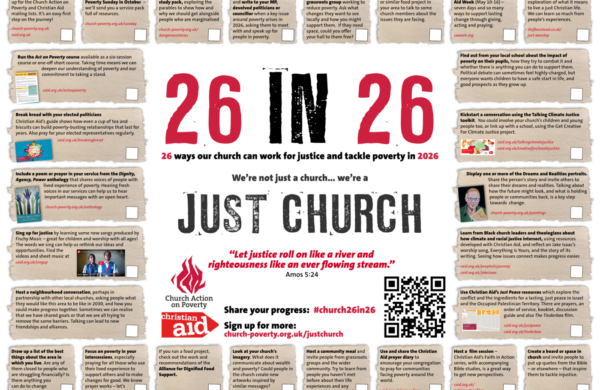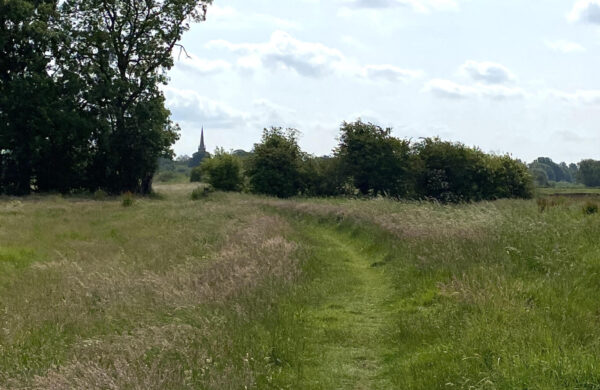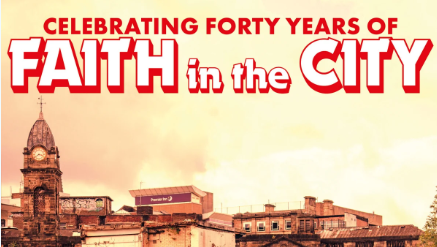Reflecting together, 21 May: inhabiting the public realm in the midst of lockdown
A report from our 21 May online discussions on what it means to be church on the margins during the pandemic.
Opening reflection by Anna Rowlands
What are we learning about what it means to be human (in all of its complexity)?
- Coronavirus brought back commonality? How we experience the situation is different, but we have a shared public life again.
- We already have being human in common, but we put other things in its place, e.g. TV, sport, etc.
- We’re also learning what we don’t have in common, the level of privilege we bring into this situation.
- How could the church misbehave well in public? To protest against unjust structures.
- How could church identify with those who have be made to feel lesser, not enough?
- The lockdown situation has intensified emotions (up and down).
- Missing human contact, being able to give someone a hug.
- We take our freedom for granted. People in prisons are locked down permanently.
- Some people feel cared for now (previously they felt forgotten). Some people are worried about being forgotten again once lockdown ends.
How do we create a genuinely shared world? (What is the Christian contribution to this?)
- We will have to live in both spheres (in person and online).
- Ideals and aspirations for going forward at the beginning of lockdown are already being lost.
- We need to stay open to a multiplicity of voices within the church.
- We must open our ears and hearts.
- Church often acts like it has all the answers, we should humble ourselves.
- We need to be alongside others beyond the walls of church. We can learn a lot from others / people on the margins.
- We still need to help people to shield, people are already forgetting this as things begin to open up.
- The origins of the word idiot – someone who thought they could survive on their own.
- Churches asking ‘how do we survive this?’ – the wrong question to be asking.
- The Church has to go public – faith in public life.
- The model of church needs to change from having a ‘gatekeeper’ to ‘priesthood for all’.
- Share our work and our journeys with each other, especially people doing the same work in different parts of the country.
- Smaller churches have seemed better connected and equipped for true engagement and connection.
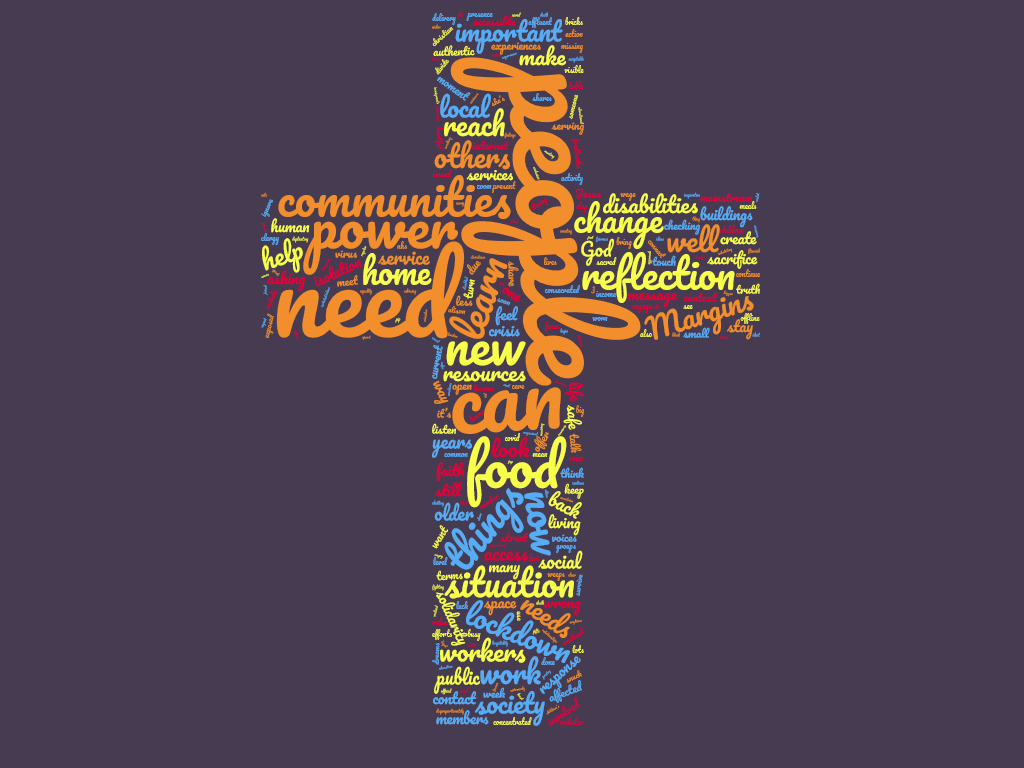
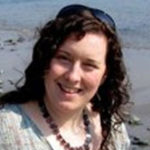
Research and Information Officer
26 in 26: The new social justice poster for churches
Justice is integral to our faith. Church Action on Poverty and Christian Aid have teamed up to produce a new poster that your whole church …
How should churches address rural poverty?
How is rural poverty changing, and how should churches, dioceses and Government respond? Paul Phillips explores the issue, and reports on his diocese’s work. In …
Faith In The City: why it still matters, 40 years on
In a new book, authors Terry Drummond and Joseph Forde revisit the landmark Faith In The City report, 40 years on. Faith in the City, …
Pantries reach 1 million visits – as new research proves they work
Community breakfast held to mark millionth visit New research shows Pantries improve people’s health, reduce worries and reunite communities Thank you for your amazing support! …
Grief is hard enough: it’s time to improve funeral support
Lindesay Mace from Quaker Social Action outlines their latest work to help people with funeral costs Bereavement can be a deeply challenging experience. In the …
New toolkit: Hosting a regional anti-poverty roundtable
Our new roundtable guide will help churches or dioceses to host productive regional events We’ve published a new resource for churches and dioceses who would …
26 in 26: The new social justice poster for churches
Justice is integral to our faith. Church Action on Poverty and Christian Aid have teamed up to produce a new …
How should churches address rural poverty?
How is rural poverty changing, and how should churches, dioceses and Government respond? Paul Phillips explores the issue, and reports …
Faith In The City: why it still matters, 40 years on
In a new book, authors Terry Drummond and Joseph Forde revisit the landmark Faith In The City report, 40 years …

